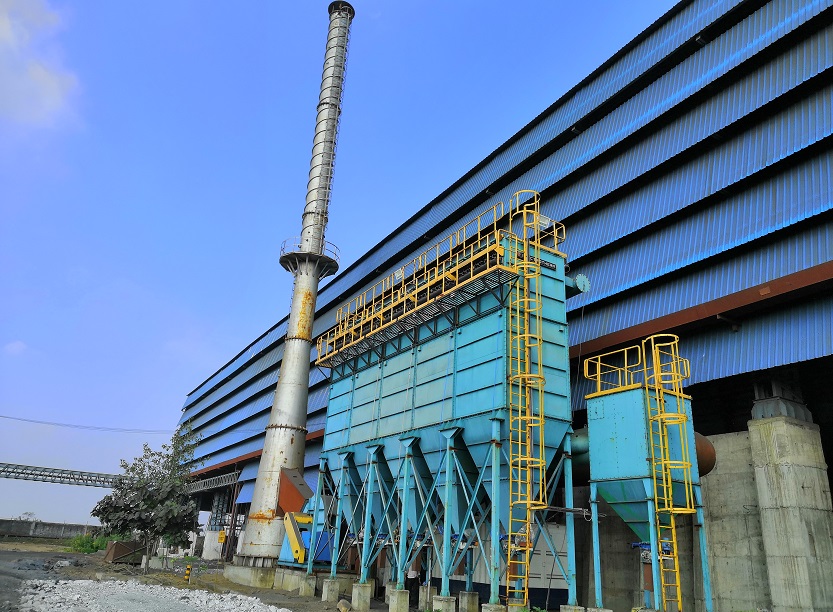A bag filter is an air filtration system that uses bags of fabric, felt, or woven material to remove dust and other particulates from a process. These filters are used in many different industries to protect workers and keep the environment safe.
High Efficiency for Dust Removal
Baghouse dust collectors are widely used in food processing, agriculture, woodworking, pharmaceutical, metal fabrication, cement and stone production, and chemical manufacturing. They remove and capture abrasive particles, acid gasses, fumes, mists, and fine powders.
Dust collectors blow air through filters, which trap and collect particulate. The filtered air is then exhausted into the system’s clean air side.
Cartridge dust collectors have high efficiency for small particulate matter. They filter down to 0.3 microns of dust and particles, which is ideal for many applications.
A cartridge system uses industrial fans to push air through air-side filters that trap and collect dust and particles. The filtered air then exits the system through an air-side clean-air plenum. Unfortunately, the bags inside the cartridges accumulate dust and other debris over time, so devices capable of cleaning the filters are required to keep the system operating efficiently and safely.
Long Service Life
A bag filter’s service life depends on the application or process. These industrial bag filters VA are made from many types of material, including needle felt, nonwoven, melt-blown fiber, spun-bonded web, and composite materials.
One of the biggest challenges bag filters experience is abrasion damage to the bottom portions. This abrasion often causes holes in the bags, immediately leading to emissions failures.
Pleated bags address this problem by offering a lot of media per foot of bag length and are very durable.
In addition to these benefits, pleated bags offer lower pressure drop and less energy consumption over their service life. These changes can help plant operations improve efficiency and lower downtime costs.
Cost-Effectiveness
For industrial applications, bag filters are an excellent solution for air pollution control and water filtration. They remove dust and oil from liquids while being more cost-effective than cartridge or membrane filters.
In some industries, especially the food and beverage industry, bag filters separate grains from sugars or proteins, slowing the fermentation process. They also help remove unwanted solids before bottling to prevent contamination and ensure a quality product.
One of the main advantages of bag filters is that they have a lower pressure drop and low energy costs. In addition, it significantly saves many industrial plants because it reduces the air needed to move dust through the system.
However, fabric filter media is susceptible to particulate intrusion into the core of the filter, causing it to lose efficiency over time.
Equipment Resistance
Equipment resistance is one of the main reasons industrial bag filters fail. It’s caused by various factors, such as toxic dust and hot embers, the gas stream’s chemical makeup, temperature, humidity fluctuations, etc.
Regardless of these factors, filter bags offer producers the ability to combat these problems. In addition, these specialty fibers are resistant to a range of chemicals, allowing for greater filter life and better efficiency.
For this reason, it is vital to know your specific needs when selecting the suitable filter material. To begin, consider the temperature and chemical resistance of your bag house application/process.
